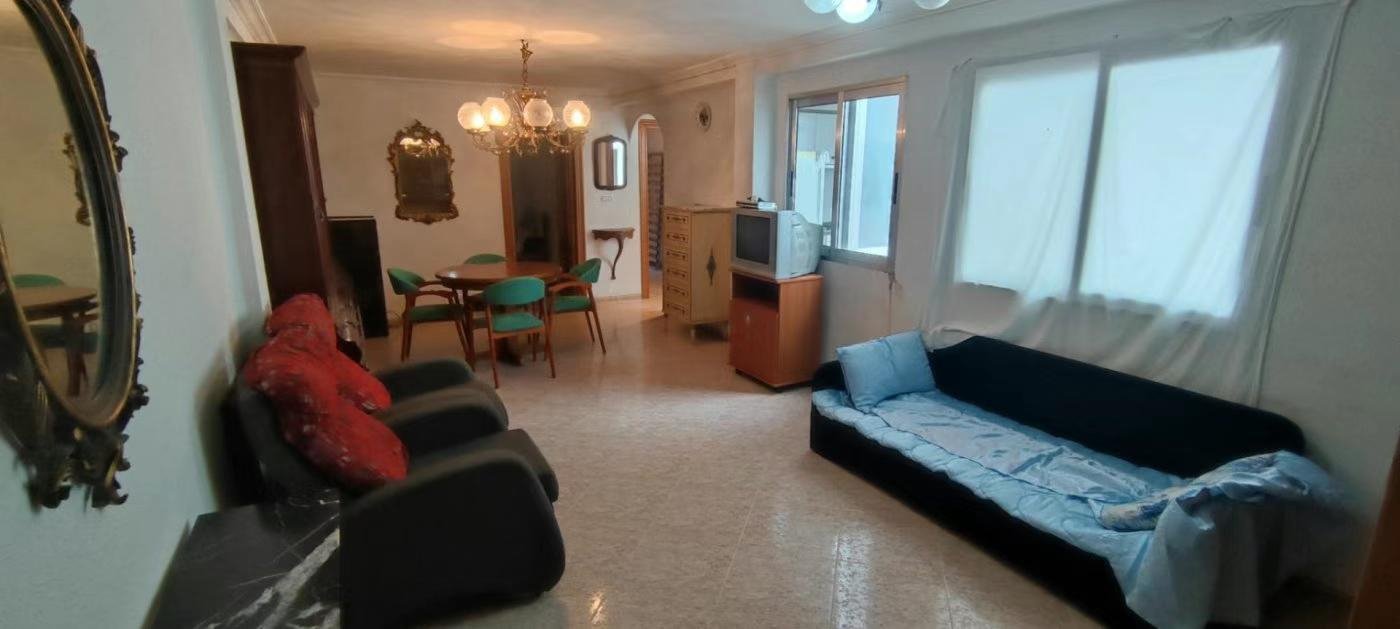 rent my flat
rent my flat
Rent regulations for my flat.
Rental regulations, also known as tenancy law, can vary significantly from country to country and, in some cases, even from region to region within the same country. Here is an overview of some common aspects that rental laws often address:
- Duration of the contractRental laws usually specify the minimum and maximum duration of the rental contract. This can range from short-term contracts (e.g. holiday rentals) to long-term contracts (usually several years).
- Rights and obligations of the lessor and the lesseeThe laws of rental usually set out the rights and responsibilities of both the landlord and the tenant. This may include issues such as maintenance of the property, necessary repairs, the payment of rent and the deadlines for notifying changes or terminating the contract.
- Deposit or security depositThe regulations often set out rules on the maximum amount a landlord can require as a security deposit, as well as the procedures for its return at the end of the lease.
- Rent increasesRent laws may limit the frequency and amount of rent increases that a landlord can impose during the term of the lease.
- EvictionEviction: Procedures and time limits are established for eviction in case of breach of contract by the tenant, such as non-payment of rent or inappropriate behaviour. Protections for tenants can also be established, such as time limits for notice of eviction.
- Conditions of the propertyRegulations may specify the minimum conditions that a rental property must meet in terms of safety and habitability.
- Privacy rightsRules may be established regarding the owner's access to the property for inspections or repairs, and prior notification is often required.
- PetsSome rental laws regulate whether pets are allowed in the property and under what conditions.
- Dispute resolutionRental laws may also specify procedures for resolving disputes between landlords and tenants, which may include mediation or litigation.
Remember that specific regulations vary from place to place, so it is important to check the local rental laws and codes that apply in your area for detailed, up-to-date information about your rights and responsibilities as a landlord or tenant. You can do this through your government housing agency or a lawyer who specialises in tenancy law.
Leave A Reply
You must be logged in to post a comment.

Comments
Rental regulations for my flat - Aurema Group Services
Posted on 09 April 2024[...] Source link [...]
Rental regulations for my flat - All Architecture Forum
Posted on 09 April 2024[...] Source link [...]